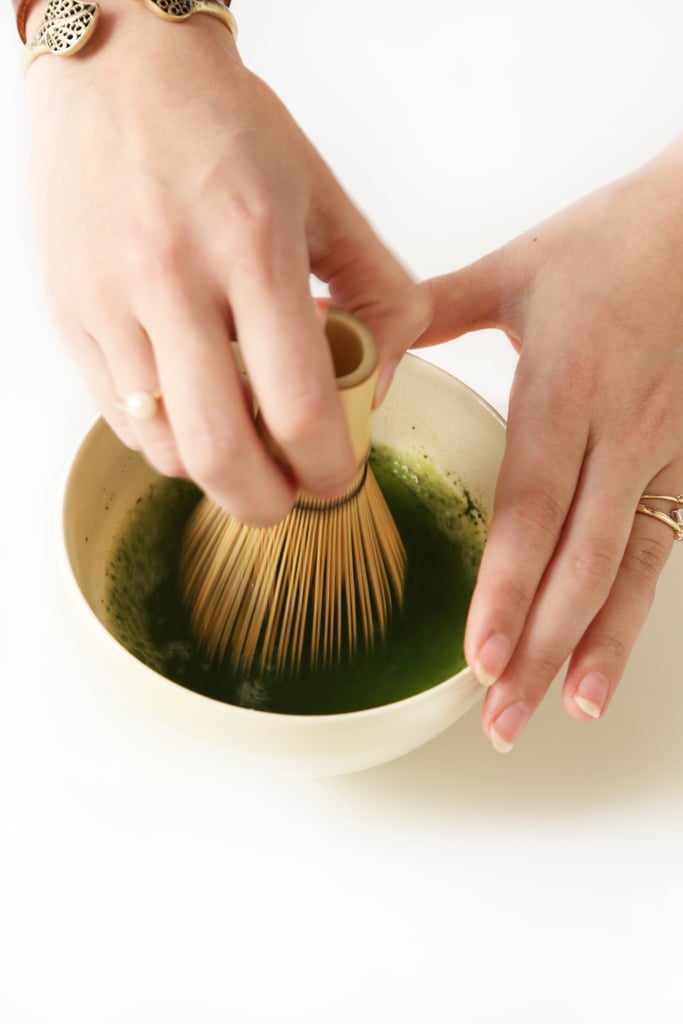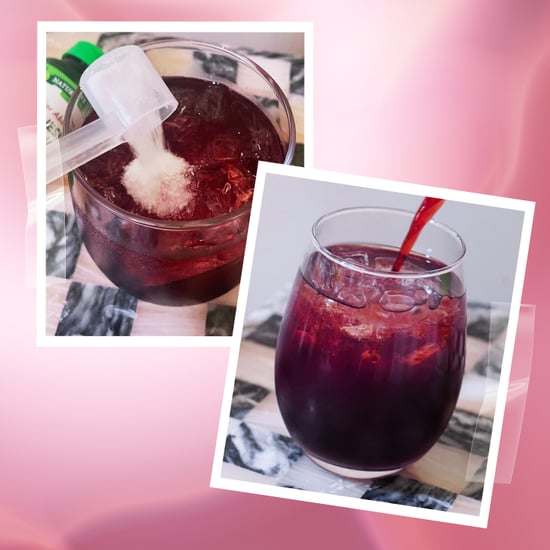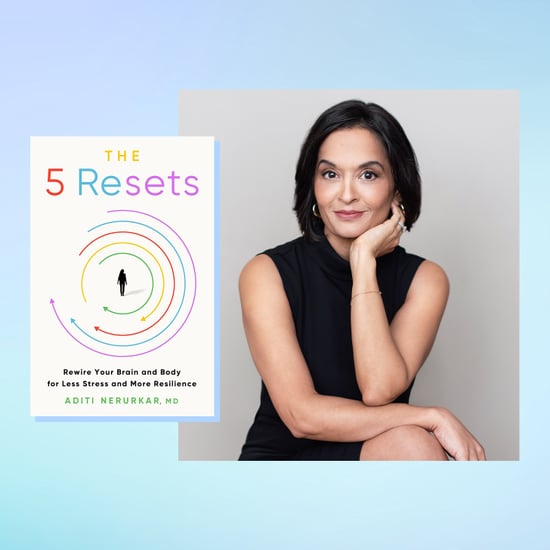Supplements and Nutrients That Reduce Stress
The Best Stress-Fighting Nutrients (and Where to Find Them)

Food can be medicine in so many ways. If your body is out of whack, oftentimes the physiological issue at hand can be boiled down to a nutritional deficiency. Are you tired? Try eating more spinach and loading up on iron. Is your stomach irritated? Introducing good bacteria via probiotics could be a quick, drug-free fix to a healthier gut.
The same thing goes for stress and anxiety. But when talking about the delicate line between traditional and naturopathic medicine, we thought it best to consult women who are experts in both fields. We talked to a New York-based registered nurse with an emphasis in holistic medicine and a doctor with an MD and an ND (Naturopathic Doctorate), Rebecca Lee, RN and founder of RemediesForMe.com, and Carolyn Dean, MD, ND, a stress management expert and author of The Complete Natural Medicine Guide to Women's Health.
Through our talks with these experts, we boiled it down to three nutrients your diet needs to naturally fight anxiety and stress.
L-Theanine
What it does: This nifty amino acid "helps the body to stay alert, calm, and focused, and decreases stress," said Lee. It can also raise the level of dopamine and GABA, "providing a mood, focus, and concentration boost." The increase in alertness is great news for anyone trying to skip out on caffeine, yet at the same time, the stress-reducing effect helps many people fall asleep more easily.
Where to find it: L-theanine is one of the main amino acids found in green and black tea leaves; coincidentally, tea leaves are the only natural source of this amino acid. Green tea has the highest L-theanine content of any herbal variety, which is just another reason to get your daily cup of green. Pro tip: drink your tea hot for an added calming effect on your nervous system.
Magnesium
What it does: Magnesium — known as the antistress, anti-anxiety mineral – has been shown as effective in numerous studies for "boosting mood, lowering anxiety and depression, and reducing stress levels, as well as helping with deeper more restful sleep," said Dr. Dean. This is because the feel-good chemical in your brain, serotonin, depends on magnesium for its production and function. No magnesium, zero chill.
Where to find it: Avocados, vanilla bean, dark leafy greens, nuts and seeds (squash and pumpkin, in particular), beans (including edamame) and lentils, mackerel, whole grains (brown rice), low-fat dairy, bananas, dried figs, and dark chocolate.
You can also try adding magnesium to your food or drinks, but because not all forms of magnesium are easily absorbed by the body, Dean suggests "magnesium citrate powder, since it's a highly absorbable form that can be mixed with hot or cold water and sipped at work or at home throughout the day."
Vitamin B Complex
What it does: According to Lee, a healthy brain starts with vitamin B — and she's got the information to back it up. Vitamin B1 (Thiamine) can combat stress, while vitamin B3 (Niacin) can fight against depression. "Vitamin B6 (Pyridoxine) makes serotonin and norepinephrine, which affects mood," and "vitamin B12 (Cobalamin) and vitamin B9 (Folic Acid) work together to improve mood and mental health."
Where to find it: There are so many natural sources of B vitamins. Across the board, fish (salmon and tuna in particular), eggs, chicken, turkey, lean beef, and pork are excellent sources of many B vitamins. If you're vegetarian or vegan, fear not — there are still more options. Avocados and sunflower seeds are chock-full of several B vitamins as well. Here are some more options, broken down by Bs:
- B1: For a B1 boost, add beans, edamame, peas, asparagus, squash, and macadamia nuts into your diet.
- B3: Mushrooms, peas, and peanuts are all stocked with this vitamin. Another, slightly less common (but loaded) source? Lucuma, in fruit and powder form.
- B6: Try sunflower seeds or pistachios; prunes or bananas; avocados or spinach.
- B9: Beets, beans and lentils, dark leafy greens (including asparagus and broccoli), wheat bread, and tropical fruits like mangoes and papaya are all great sources of Folate.
- B12: In addition to the aforementioned fish, try adding shellfish and crustaceans to your diet (mussels have 400 percent of your daily B12 in just 100g). Going animal-free? Fortified cereals and soy products like tofu are stocked with B12. Low-fat dairy and cheese are also high in this vitamin.






